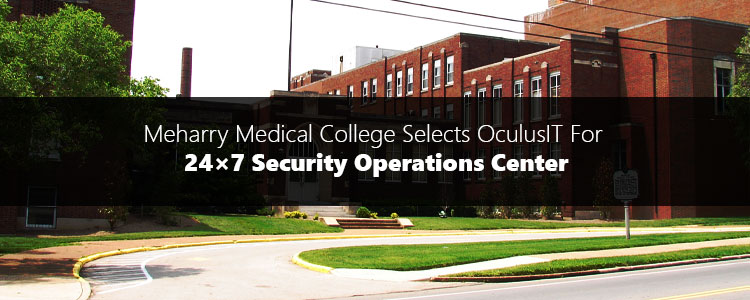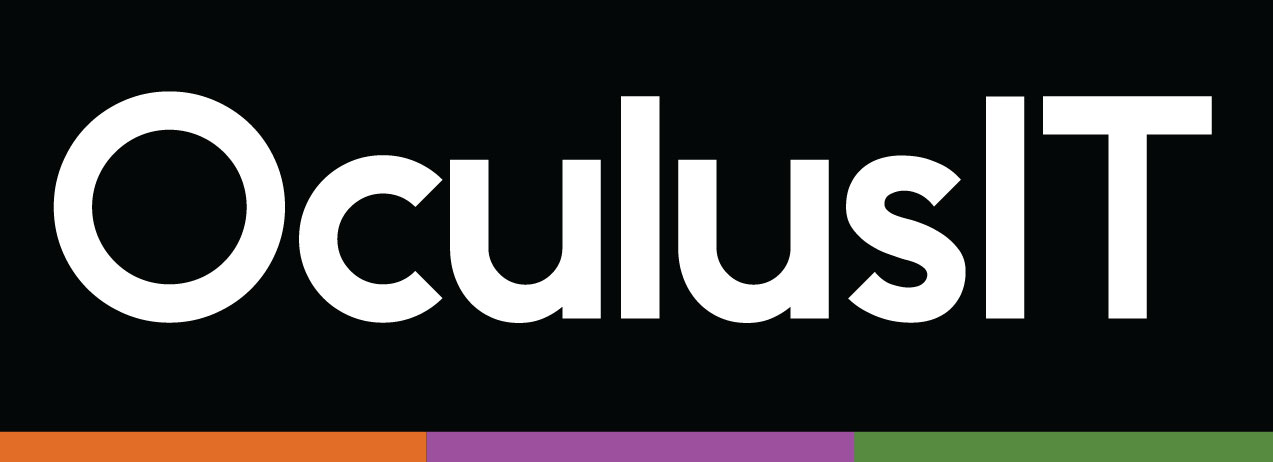Meharry Medical College

About the Client
Located in Nashville, Tennessee, Meharry Medical College (Meharry) is one of the nation’s oldest and largest historically black academic health science centers dedicated to educating physicians, dentists, researchers, and health policy experts.
Meharry is a United Methodist Church-affiliated institution. In addition to providing quality professional health care education, exemplary patient care, and compassionate community outreach, Meharry Medical College produces the Journal of Health Care for the Poor and Underserved, a public health journal.
Challenge
Meharry was looking to partner with an IT and Security Managed Services company for security monitoring services, threat detection and response solution with real-time data enrichment, multifaceted analytics, complete incident management and flexible deployment options for their college.
Solution
Through the partnership with OculusIT, Meharry is able to leverage the OculusIT EYE™, the 24×7 Security Operations Center for systems and devices threat mitigation. The solution provides unmatched threat detection capabilities and a definitive response against cyber-attacks. This includes incident monitoring, analysis, routing, handling, and reporting via security event monitoring, phone/email and ITSM ticketing, and account management support.
OculusIT experts also provide firewall monitoring and management for Meharry, including network security and architecture review, upgrades and enhancements with 24×7 monitoring and P1 support.
Major Success
- 60 days from signed contract to operational SOC.
- Multiple events reduced to small count of actionable incidents with OculusIT SIEM tool.
- One source of information for firewall monitoring, management and determining asset inventory with OculusIT.
About Historically Black Colleges and Universities (HBCU)
Historically black colleges and universities (HBCUs) are institutions of higher education in the United States that were established before the Civil Rights Act of 1964 with the intention of primarily serving the African-American community. There are 101 HBCUs in the United States, including both public and private institutions (down from the 121 institutions that existed during the 1930s).Of these remaining HBCU institutions in the United States, 27 offer doctoral programs, 52 offer master’s programs, 83 offer bachelor’s degree programs, and 38 offer associate degrees.

